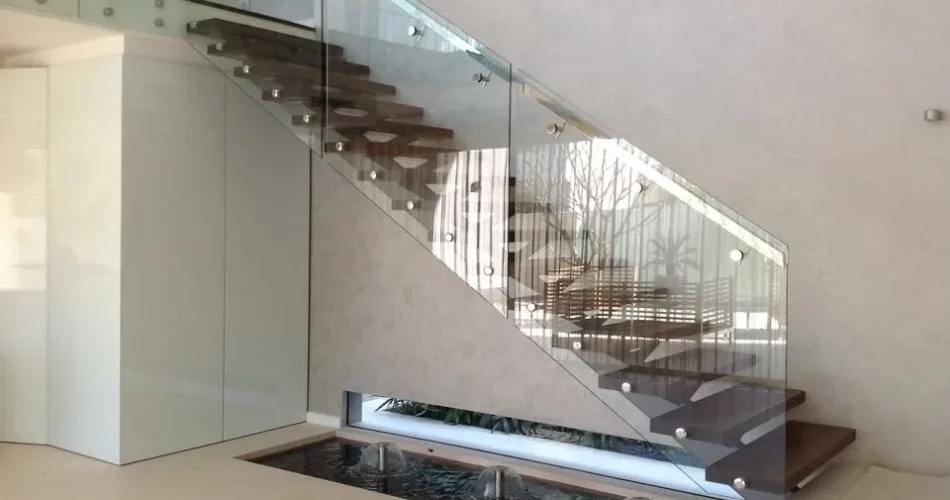Glass railings https://artlookglass.com/ are widely appreciated for their aesthetic appeal and ability to create a sense of openness. However, when it comes to sound insulation, there are misconceptions about their effectiveness. Understanding the sound insulation properties of glass railings is crucial for both residential and commercial settings. This article explores how glass railings perform in terms of sound reduction and the factors that influence their acoustic properties.
Assessing the Sound Insulation of Glass
Nature of Glass as a Sound Barrier
Glass is a dense material, and its inherent properties can make it a reasonably effective sound barrier. However, the degree of sound insulation depends on various factors such as the thickness of the glass, the type of glass used, and the overall design of the railing system.
Factors Influencing Sound Insulation
The thickness of the glass is a primary factor in its ability to insulate sound. Thicker glass panes have better sound-dampening properties. Additionally, laminated glass, which consists of multiple layers of glass with interlayers, can provide enhanced sound insulation compared to standard glass.
Improving Sound Insulation in Glass Railings
Use of Laminated Glass
Laminated glass is particularly effective for sound insulation. The interlayer between the glass sheets acts as a sound dampener, reducing the amount of noise that passes through.
Double Glazing and Acoustic Glass Options
Double-glazed glass railings, where two panes of glass are separated by an air gap, can significantly improve sound insulation. Specialized acoustic glass is also available, which is specifically designed for superior sound reduction.
Considerations for Installation and Design
Importance of Proper Installation
The effectiveness of glass railings in sound insulation also depends on their installation. Gaps or poor fittings can allow sound to penetrate, reducing the overall effectiveness of the glass as a sound barrier.
Design Elements Influencing Acoustics
The design of the railing system, including the use of frames and seals, can impact its sound insulation properties. Well-sealed and properly framed glass railings can enhance their ability to block sound.
Applications in Different Settings
Residential Applications
In residential settings, glass railings with good sound insulation properties can be beneficial in reducing street noise for balconies or creating a quieter indoor environment for staircases and lofts.
Commercial and Office Environments
In commercial and office environments, sound-insulated glass railings can contribute to a more productive and less distracting atmosphere, especially in open-plan spaces.
Conclusion
While glass railings are not inherently the best sound insulators, advancements in glass technology and proper design and installation can significantly enhance their sound-blocking capabilities. Understanding the sound insulation properties of glass railings and the factors that affect them is crucial when considering their use in both residential and commercial environments. By choosing the right type of glass and ensuring proper installation, glass railings can provide not only visual appeal but also a degree of sound privacy.
